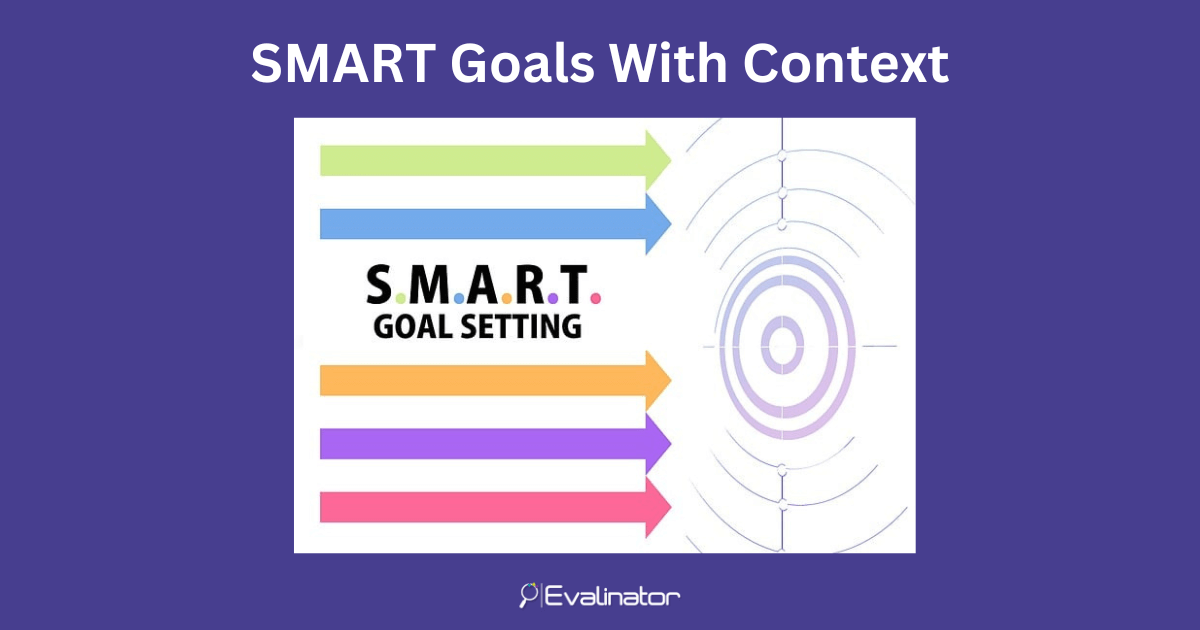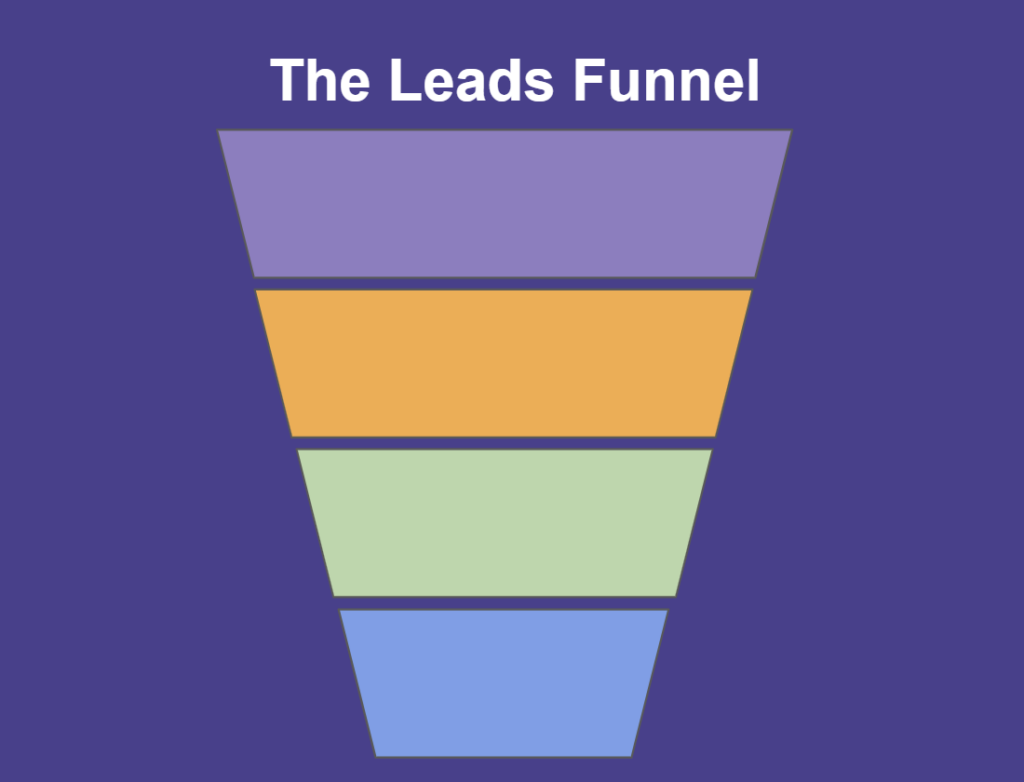


Why do we need SMART goal setting?
As seasoned consultants and coaches, we understand the pivotal role goal setting plays in every stage of our business, right from lead generation to client growth.
However, a goal is not merely a task to check off a list. Rather it lays the foundation for achievement and growth.
In this outline we will discuss:
Goal setting is akin to charting a course on a map—it provides direction, clarity, and purpose.
For clients seeking personal development or businesses aiming for expansion, articulating clear and actionable goals is paramount.
It enables individuals and teams to align their efforts, prioritize tasks, and measure progress effectively. Moreover, it fosters accountability and motivation, driving individuals to strive for excellence and reach new heights of success.
In our practice, we advocate for the SMART goal setting framework—a time-tested methodology for setting goals that are Specific, Measurable, Achievable, Relevant, and Time-bound.
Specific: When setting goals, it’s crucial to be specific about what you want to achieve. This means clearly defining the objective, outlining the desired outcomes, and specifying the actions required to reach the goal. By being specific, you provide clarity and focus, reducing ambiguity and increasing the likelihood of success.
Measurable: Goals should be measurable, meaning that progress towards achieving them can be quantified or evaluated objectively. This allows you to track your progress, monitor performance, and determine whether you’re on track to meet your objectives. Measurable goals provide a clear benchmark for success and enable you to make informed decisions about your actions and priorities.
Achievable: While it’s important to set ambitious goals, they should also be achievable within the constraints of your resources, skills, and timeframe. Setting unrealistic goals can lead to frustration and demotivation, whereas setting achievable goals fosters a sense of confidence and empowerment. When setting goals, consider your capabilities and limitations, and ensure that they stretch you without overwhelming you.
Relevant: Goals should be relevant to your overall objectives and aligned with your values, priorities, and aspirations. They should contribute to your personal or organizational mission and address areas of significance or opportunity. By setting relevant goals, you ensure that your efforts are directed towards outcomes that matter most, maximizing your impact and effectiveness.
Time-bound: Finally, goals should be time-bound, meaning they have a specific deadline or timeframe for completion. This creates a sense of urgency and accountability, motivating you to take action and make progress towards your goals. Time-bound goals also help you prioritize tasks, allocate resources effectively, and stay focused on achieving results within a defined timeframe.
By adhering to the SMART criteria, you ensure that your goals are well-defined, achievable, and aligned with your overall objectives. This increases your chances of success and empowers you to make meaningful progress towards your aspirations.
Let’s consider an example: a coaching client may aspire to enhance their leadership skills.
Using the SMART criteria, we collaborate to define a goal such as “Increase leadership effectiveness by implementing weekly feedback sessions with team members, resulting in a 15% improvement in team performance within six months.”
This goal is specific in its objective, measurable in its outcomes, achievable with effort, relevant to the client’s growth trajectory, and time-bound for accountability.
Context is like a map that helps us find our way when setting goals. It shows us where we are and where we want to go.
The Cheshire Cat famously said, “If you don’t know where you’re going, any road will get you there.”
Similarly, before we start setting goals, it’s important to look at the big picture.
For coaches, tools like the Wheel of Life give us a good look at different parts of a client’s life, what’s going well, and what needs some work.
For example
Understanding the context helps us create goals that fit our client’s needs and are realistic. This means better results and happier clients in the end.
Goal setting worksheets are invaluable tools that transform aspirations into actionable plans.
With Evalinator, SMART goal setting become even more powerful.
Evalinator allows for custom assessments of any kind, seamlessly integrating goal setting into the process. Whether it’s personal development plans or strategic business initiatives, Evalinator empowers users to define their starting state and reflect on where they want to be.
This allows you to help clients define their objectives, identify key milestones, and outline actionable steps (or goals) to get there.
In addition, with Evalinator, you are able to track progress effectively.
Through built-in features like before-after pictures, users can visually monitor their journey towards their goals.
By incorporating Evalinator into our practice, we not only empower our clients to clarify their goals but also provide them with a comprehensive platform for tracking their progress and achieving results.
For consulting and coaching, SMART goal setting is a transformative process that empowers individuals and organizations to realize their full potential.
By embracing the SMART goals framework, and using the right context, we can guide our clients towards meaningful outcomes and sustainable growth.
Ready to embark on your goal-setting journey? Create your first client assessment by taking advantage of our 14 day free trial.

Feeling frustrated with lead generation?
Take this free, 5-minute quiz and get more prospects into your leads funnel.
Instant Results. Actionable recommendations. Email required.
Find Your Score >>